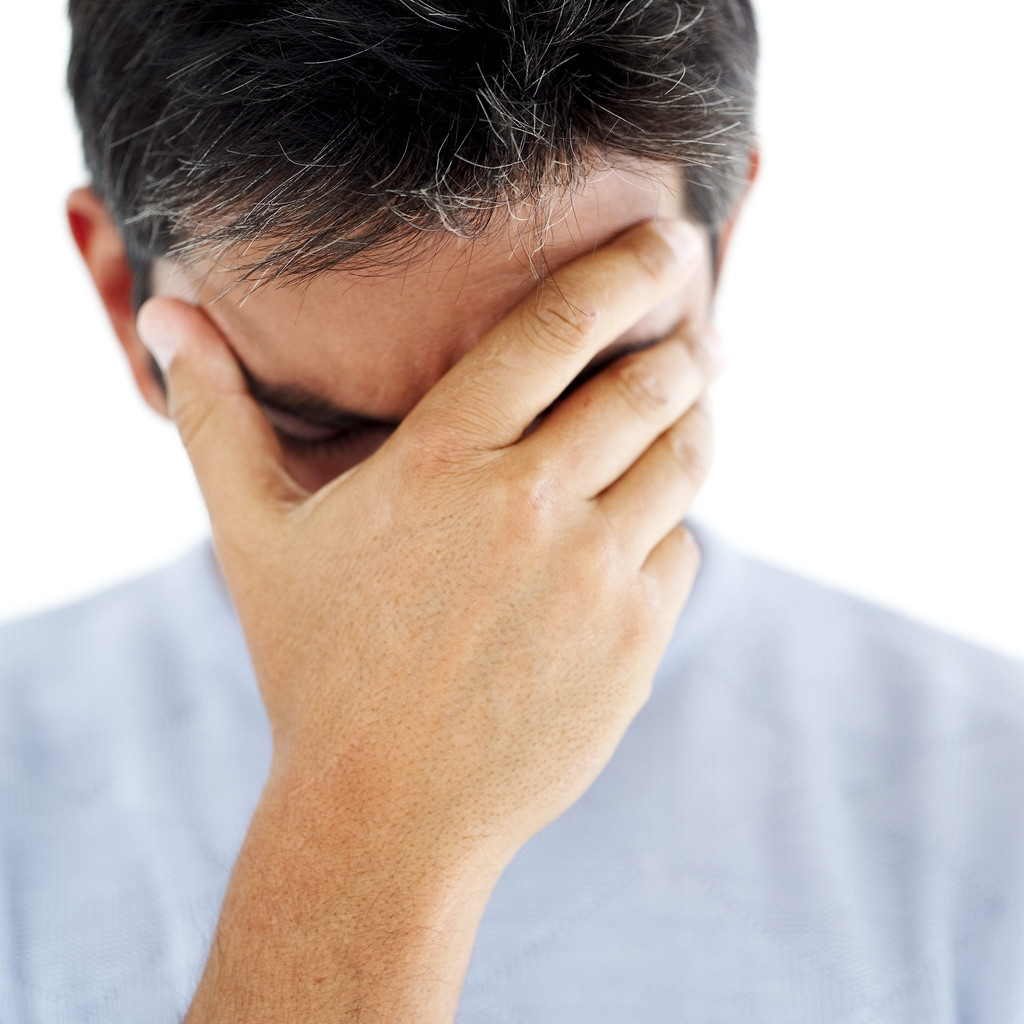Worrying About Psychiatric Medication Side Effects

On Twitter a follower asked me about a specific side effect of a medication. She was considering taking the medication and was worried she might suffer from this side effect. This is a reasonable concern and it’s good that she’s researching the drug's effects and possible problems ahead of time.
But the thing is, while knowing about the possibilities is good, worrying about the possibilities is pretty useless. You won’t know if you will get the side effect unless you actually try the drug. The only way to know what is going to happen is to roll the dice.
Medication Side Effects
If you look at any given medication you will see they have many, many side effects. And side effects are tracked even if they occur very rarely in the population. So if you’re in a study and you suddenly go cross-eyed, that gets listed as a rare side effect regardless as to whether it had anything to do with the drug.
Of course, more common side effects occur in a statistically significant percentage of the population (like, say, 10% above the placebo rate) and these become noted as common side effects.
But you have to understand the difference. Yes, uncommon side effects may happen, but they probably won’t.
Researching Drugs
And I’m all for understanding the risks of a medication. Some medications carry significant risks that are very common so it’s wise to know about these going in. It’s also wise to know about the common side effects so you know what to look for in case it happens to you. You should be informed. It’s your body you’re putting the drugs into.
Worrying About Medication Side Effects
 But the trouble is, you can’t know if you’re going to get a side effect until you take the drug. Worried about weight gain? Understandable. But many people take drugs without experiencing any. And the only way you’re going to know if you’re going to gain weight on a drug is to take it. Plain and simple.
But the trouble is, you can’t know if you’re going to get a side effect until you take the drug. Worried about weight gain? Understandable. But many people take drugs without experiencing any. And the only way you’re going to know if you’re going to gain weight on a drug is to take it. Plain and simple.
So looking at a drug’s side effects and asking people about them and worrying isn’t really useful. I would mostly consider it a waste of time worrying about something that might not even happen to you. It’s like Russian Roulette. The only way to know if the round is chambered is to pull the trigger.
Low and Slow
So there is only one thing to do about medication side effects – try the medication and see. Give yourself a couple of months to try it out and see what happens. The time to worry about side effects is after you get them, not before. You can abandon a medication trial at any time.
The trick to experiencing the fewest side effects is this: start low and go slow. And when I say this I mean start lower than recommended by the manufacturer and go slower than recommended by the manufacturer. And if you’re sensitive to medications, go slower than that.
And then wait and watch. Be prepared to experience some side effects that may even out with time. Be prepared to stop when you reach a certain level of side effects or if the medication isn't working. Be prepared to change tactics if you find the side effects are intolerable.
In short, go low and slow and wait and watch. It’s really all you can do. All the worrying about the possibilities ahead of time is not going to change what will happen when you do that.
You can find Natasha Tracy on Facebook or GooglePlus or @Natasha_Tracy on Twitter.
APA Reference
Tracy, N.
(2012, April 23). Worrying About Psychiatric Medication Side Effects, HealthyPlace. Retrieved
on 2026, March 4 from https://www.healthyplace.com/blogs/breakingbipolar/2012/04/worrying-about-medication-side-effects
Author: Natasha Tracy
worrying about side-effects that can seriously impact your health and functioning, not to mention cause disability and death, is "useless?" I'm just appalled at the bad advice you give people. You don;t have a license to practice medicine - where do you get off saying these kinds of things?
I think you need to be aware of common side effects so you can plan what to do if they happen. Especially in the case of anti-depressants, where mood changes may occur in the first couple of weeks. Your support network needs to know to keep an eye on you.
In the case of weight gain I think prevention is the key. Now that I am overweight it is much harder to get the motivation to go to the pool than before. It would have been better to be diligent in the first place.
Hi Stephanie,
That's a pretty reasonable attitude and a pretty normal experience for someone who's harder to treat than average. I actually had a similar experience with olanzapine (Zyprexa) but can't take it due to side effects too.
It good that your choices in the matter are always respected. I believe they always should be but not everyone has that experience.
- Natasha
Thanks for the great post Natasha! I've been very fortunate in having the right combination of meds right now,slow and steady works great! I've only had to drop two,one because of side effects(way too drowsy) and the second one stopped working all together. I'm on abilify and symbyax which have weight gain issues and lamictal, but I'll put up with it and watch my diet. I'm much better on the meds than off them for sure.
Hi David,
Yes, it's actually a phrase they use in cooking for things like BBQ, but I stole it for drug usage. Only I would make such a connection, I know but hopefully it's something people can easily remember and that helps.
- Natasha
I'm one of those people who is very sensitive to medication. I cringe at the thought of trying any new medications, but I know that there's no way of telling what will work or won't unless I try them. I've learned to start on very low doses and work up. Being very sensitive is actually a blessing because if I'm going to react unusually I do so pretty quickly and know within a week or two if the drug is going to be a problem. My most frequent issues are that drugs that are supposed to elevate my moods drive me to a dark place with dangerously negative thoughts, and that drugs that people usually take at night to help them sleep as well as regulating their moods keep me awake for nights on end. (I have a sleep disorder) I know going into these drug trials that I can say "this isn't working; I'm not willing to continue" at any time and have my wishes respected.
It was only through these trials and errors that I found medications that work fairly well enough. Even one of these drugs I take (Topamax) that can be used to aid in the treatment of bipolar, but which I started taking because of my seizure disorder, has some notable physical side effects, but in the end the benefit of the drug outweighs the problems it causes.
The drug that made me feel better than any other drug at all was Zyprexa, but the weight gain issues were phenomenal!!! And I didn't understand just how much weight gain they were talking about going into it, however, I was in such a bad state it was best that I took it for a short time anyway. I have reactive hypoglycemia so I really can't affor to take it because of the issues it causes with blood sugar, but if they ever sorted that out I'd be all over this drug like a dirty shirt!
In the end, we take an educated and really fairly safe gamble to improve our lives that were intolerable as they were. There is room for improvement in my chemical therapy treatment, for sure, but I've run the gamut of so many drugs without success that it is best to stay with what keeps me fairly stable unless this too becomes intolerable. It's entirely my choice. Always.
Chemical therapy doesn't make everything okay and was never intended to anyway; it just makes us able to do whatever else we need to do to make ourselves as stable and as well and positive as we can be. Drugs are an aid, not a cure. Though I so very often wish they could be and do more than they do. Would be nice!
another excellent piece Natasha!
"Low and Slow" is an excellent catchphrase that summarises much experiential wisdom. My recent experiences reinforce everything you have written.
